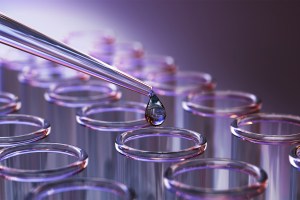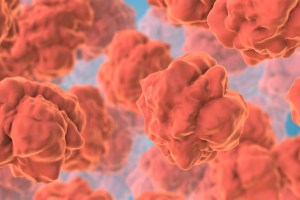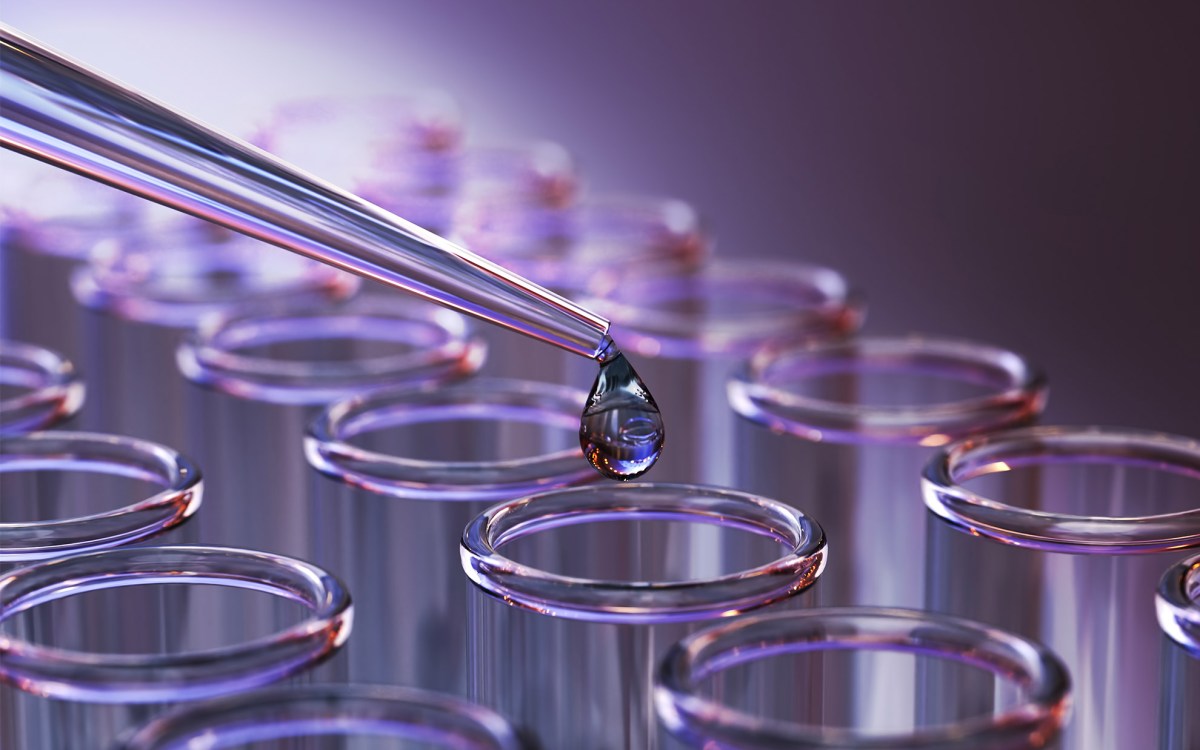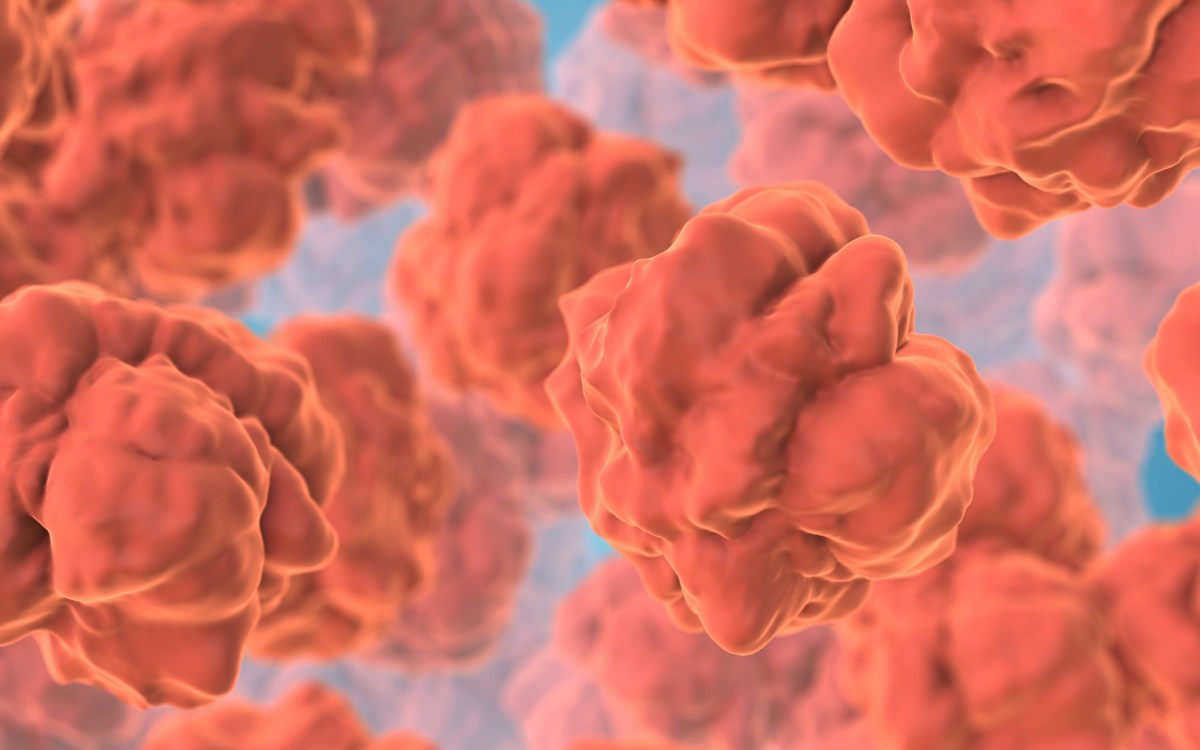Study shows acrylamide in baked and fried foods does not increase risk of certain cancers in humans
Findings refute earlier animal and lab studies warning of high acrylamide levels in potato chips, French fries
Animal and laboratory studies in the past have indicated that acrylamide, a potentially carcinogenic substance, is found in elevated levels in certain foods, such as potato chips, French fries, cereals and biscuits. Acrylamide appears to form as a result of a reaction between specific amino acids and sugars found in foods when heated to high temperatures. But researchers found that dietary levels of acrylamide are not sufficient to increase the risk of bladder, large bowel and kidney cancer in humans. The researchers assessed the diets of 987 cancer patients and 538 healthy individuals, over a five-year span, to see if there was a link between consumption of foods high in acrylamide and an increased risk of cancer. Each participant filled out a detailed food frequency questionnaire listing a total of 188 different types of foods containing medium to high levels of acrylamide. Lorelei Mucci, a researcher in the Department of Epidemiology at the Harvard School of Public Health said, “It’s very reassuring to know that when we looked in detail at the effects of consuming foods containing high levels of acrylamide we found no increased risk for three major cancers. The findings don’t condone eating junk food, however.”





